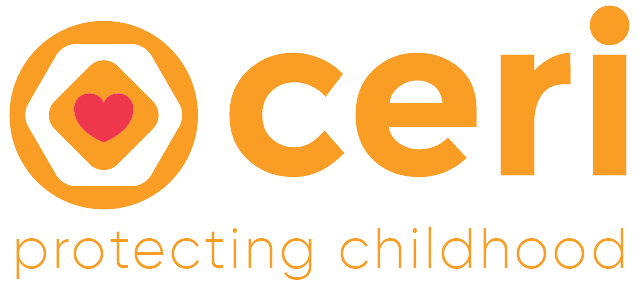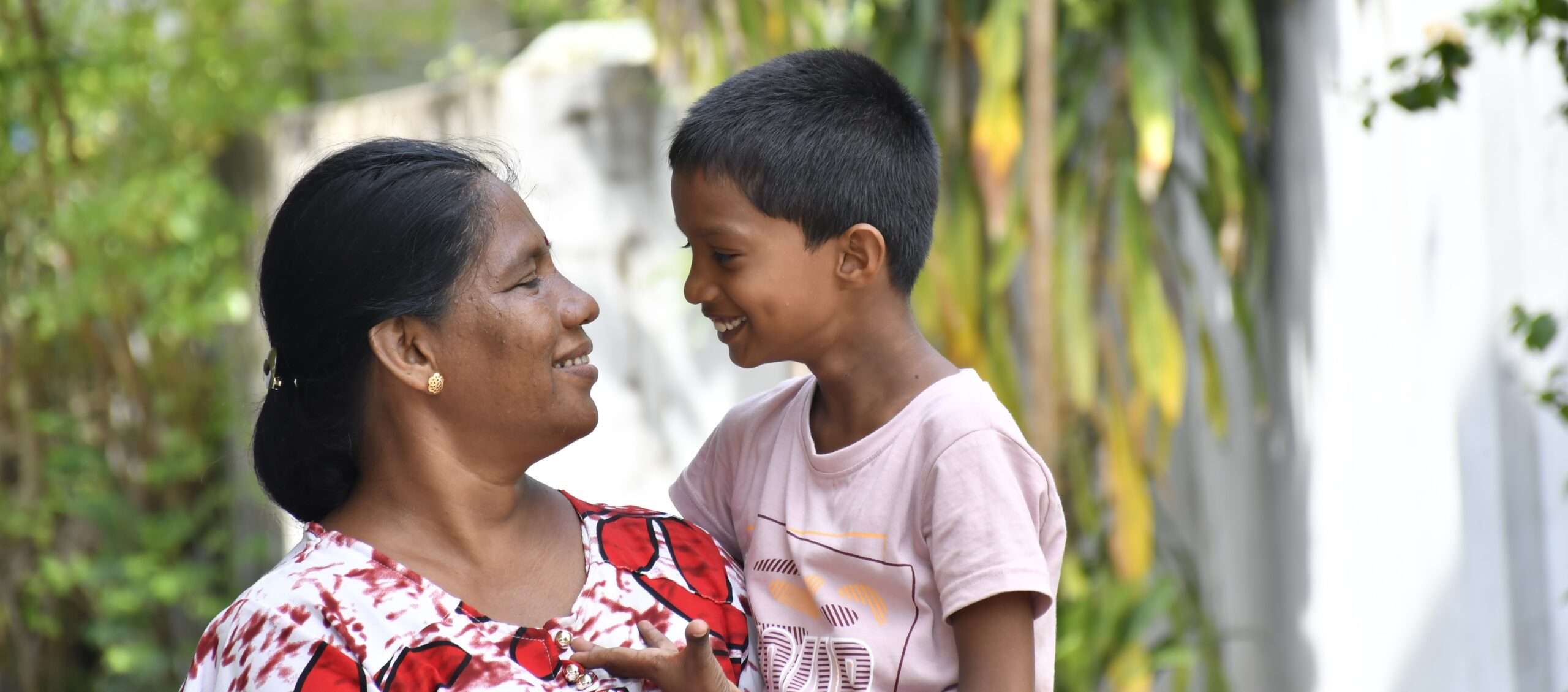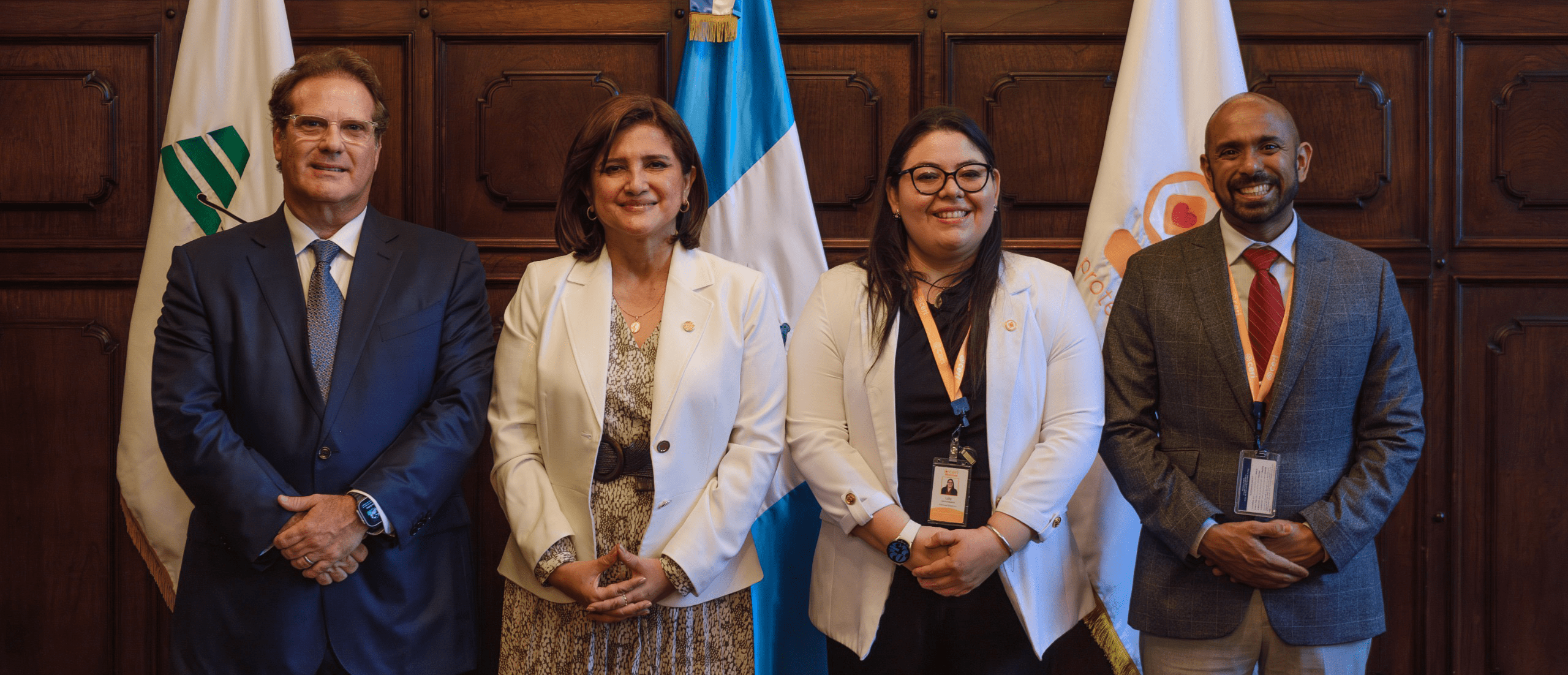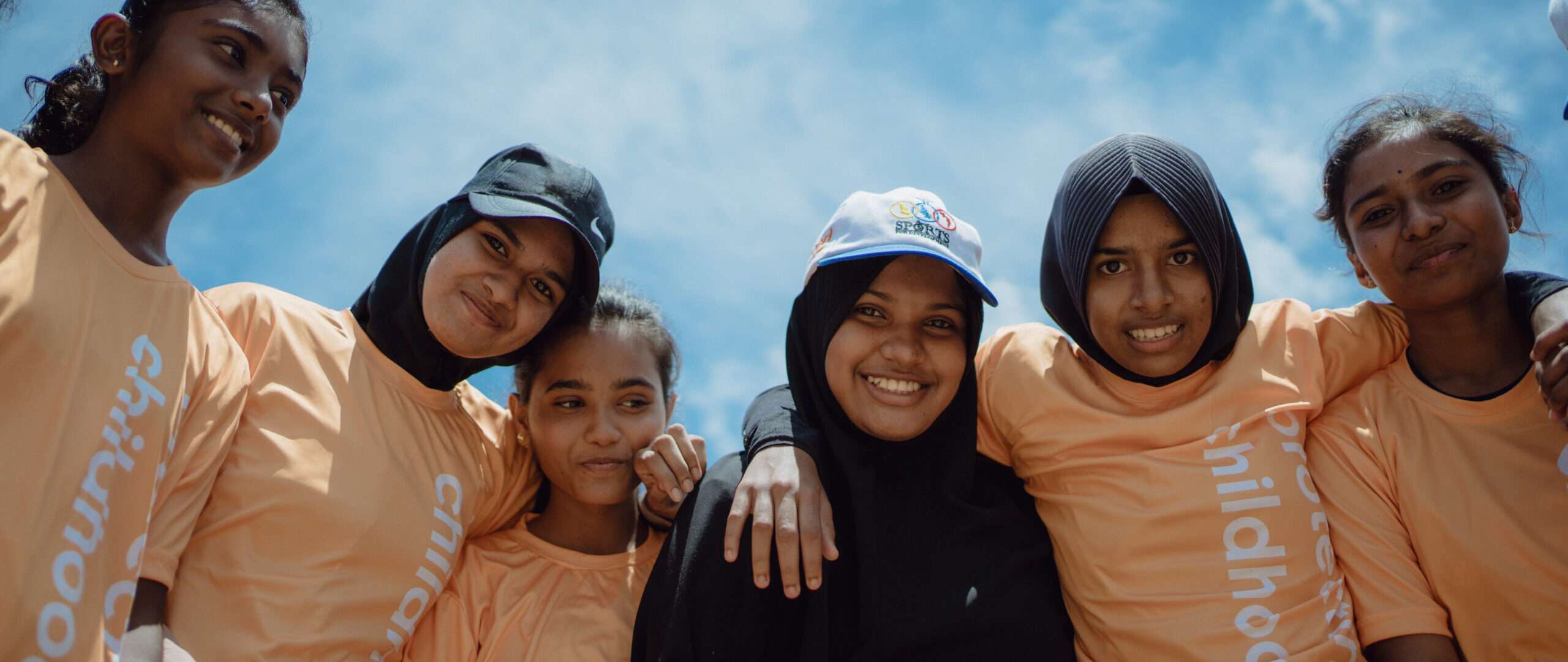By Adela Casapciuc, CERI Moldova Case Manager
I first met Zoya* at a very difficult moment in her life. The director of the children’s shelter she was living in contacted us with a plea for help. Zoya and her two younger brothers had been removed from her family a few weeks before due to parental neglect and abandonment. Their parents had left the three children on their farm, without supervision and without food for two weeks. The villagers found the children and called local child protective services. It turned out that the kids’ parents suffered from alcoholism. They had found employment and temporary housing in a neighboring village and go home to their kids for two weeks. The authorities removed the children from their home the day they were notified.
Four weeks later, as the couple promised to take better care of their children, the authorities reunified the three children with their biological parents. But, the situation continued to be dangerous. The parents were unable to be sober and were not following through with their parental duties. The children exhibited signs of trauma and fear, and were not attending school. I knew that the road to recovery was going to be long and that this situation required a lot of work. I also believed that it was worth putting in the effort in transforming this family, because the family is the best place for a child to be raised in.
I started with parenting education sessions with the mother, teaching her about the role of parents in the lives of their children. I continued with effective parenting techniques, tending to a child’s basic and emotional needs as well as how to display healthy affection to your children. We moved on to counseling, talking about the trauma and violence the mother suffered herself in her childhood. Once the children moved back home, I started working with the children as well.I met Zoya in January 2018. She appeared timid, lacking initiative and communication skills. Her answers were always very short and I could read fear and mistrust on her face. That’s what she was like nine months ago, when I first met her. I understood that Zoya needed a lot of help and, more importantly, she needed reliable, positive, long term relationships in her life, since everyone she had met in her life before that moment had, in some ways, betrayed her.
I started by talking to her almost every day. I wanted to know her better and understand her world. I wanted to offer her all the help that was in my power to give her. Finally, I wanted to build a relationship of trust and acceptance with her. I was in constant communication with Zoya, her mother and her school teacher. Together, we succeeded at helping her attend school every day. She stopped skipping school and her school performance improved. Zoya also started attending life skills classes at the CERI office, learning new communication skills, relational skills, creativity and self-expression. She learned about God and about the importance of faith in our lives. We talked about her future, the importance of school and her vision for her own professional development. Zoya learned how to turn all the bad things that happened in her life into lessons for her future and understood that CERI will be there for her to support her on her journey towards a happy and accomplished adulthood. CERI provided Zoya and her family food, clothing, shoes, medical and dental treatments. We contributed to making their living space safe and comfortable.
Several months later, I noticed that Zoya’s communication style changed. She became more open, was actively participating in activities, was expressing her own opinion and helped other children in her group who needed help communicating. Zoya started smiling and laughing and those were the moments I cherished most.
During my last home visit at their farm, Zoya and her family proudly showed me a clean home. In that moment, I had a flash-back memory of my first home visit to their house – Zoya’s dad was drunk and didn’t want to open the door for me. I could clearly see a chaotic and dirty home, unsuitable for children.
Today, my relationship with Zoya and her family is positive and characterized by mutual trust and acceptance. If I fail to call them, they initiate the call. Zoya’s mother stopped drinking and started displaying care towards her own health as well as her children. She takes them to medical appointments, cooks for them and makes sure they are ready for school.
Zoya’s dream is to finish school and go to technical college. She is well on her path to accomplish her dream and these first nine months of working together have transformed her family and her own life, giving them all a chance to thrive.






